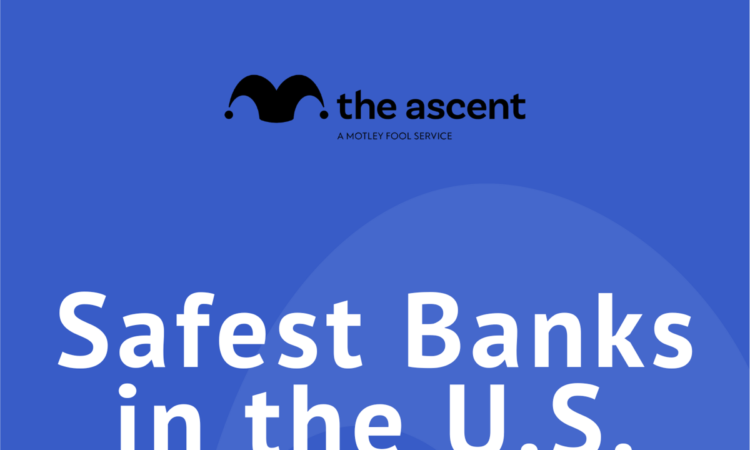
Protecting your money comes down to asking questions, lots and lots of questions.
Go through the list below and ask the bank how it handles these issues. The answers will give you a better picture of the measures a bank takes to protect its customers.
- Is this bank FDIC insured?
- What’s included in this bank’s standard security features?
- Should I also look at credit unions?
Here’s some more info on each of these questions:
1. Is this bank FDIC insured?
FDIC Insurance: First and foremost, look for a bank that is FDIC insured. FDIC insurance covers $250,000 per depositor, per ownership category. If you’re not sure if a bank has this coverage, the FDIC BankFind Suite will let you know. You type in the financial institution’s name and where it’s located, and BankFind provides your answer.
2. What’s included in this bank’s standard security features?
At a minimum, ask about the seven safety features discussed above:
- FDIC insurance
- Bank size
- Online and mobile security factors, like two-step authentication and automatic logout
- Ability to block debit card
- Guarantee Against Unauthorized Access
- EMV chips in cards
- 24/7 customer service
Even the most secure bank can be vulnerable to problems. You need a bank that not only works to prevent problems but also works to fix problems quickly if they arise.
3. Should I also look at credit unions?
Just as most banks are insured by FDIC, the majority of credit unions are insured by the National Credit Union Administration (NCUA). And like FDIC coverage, NCUA insures up to $250,000 per customer (called a “share owner”), per insured credit union, for each account ownership category.
Find an account that meets your needs
Finding the best bank involves a delicate balance of safety and functionality. You can open an account at the safest bank on the planet, but if it doesn’t offer the types of services you need, you’re unlikely to be happy. On the other hand, a bank that offers all the bells and whistles isn’t worth much if it can’t keep your deposits safe.
Before looking for a new bank, make a list of the things you hope to find. Do you want a bank branch near your home, or would you rather bank entirely online? Is the number of ATMs available important? Once you have a list in place, compare it to these banks to determine which provides services that most closely match your needs.





